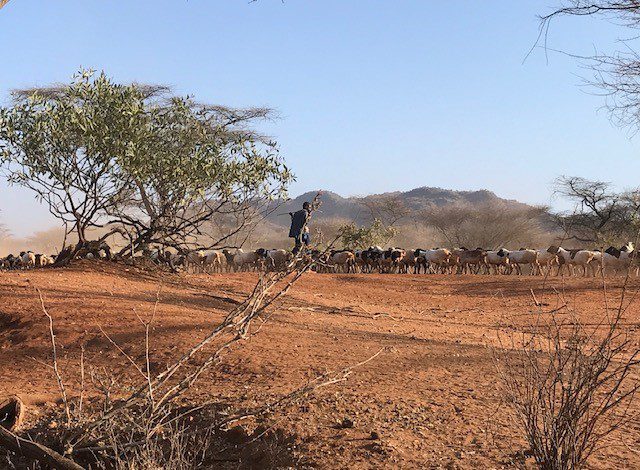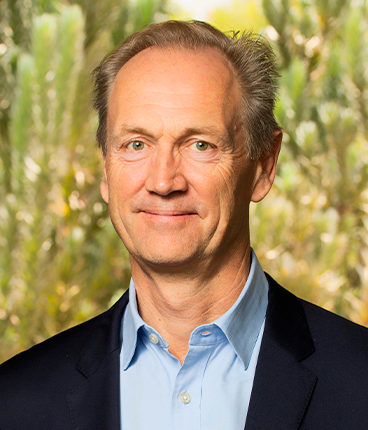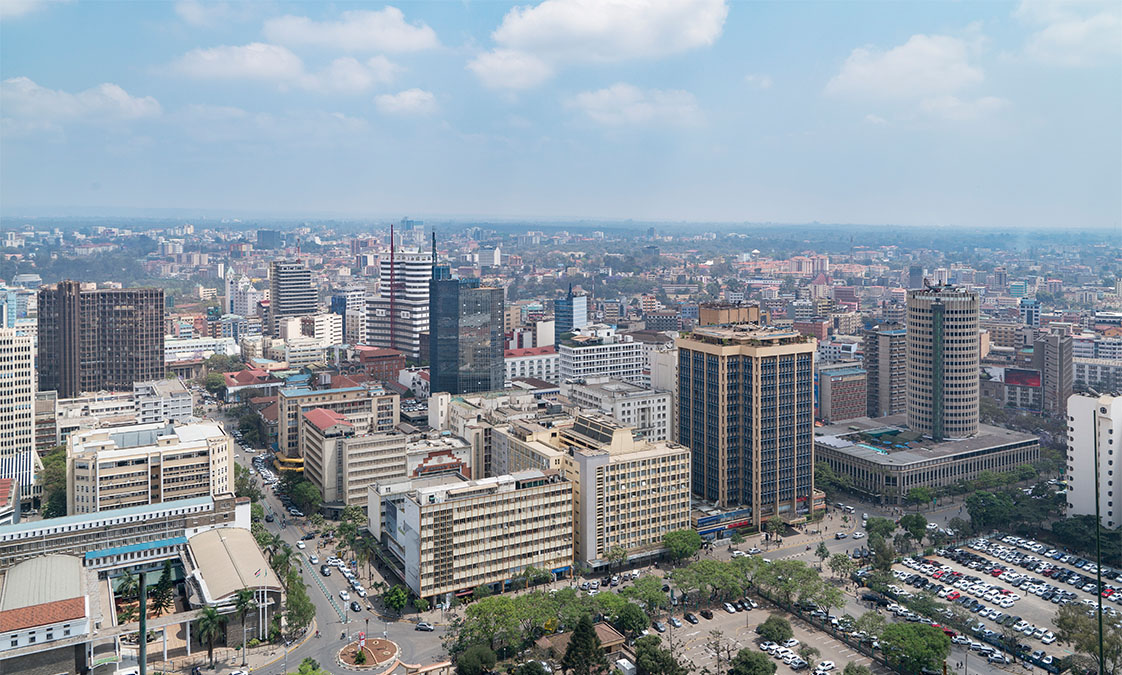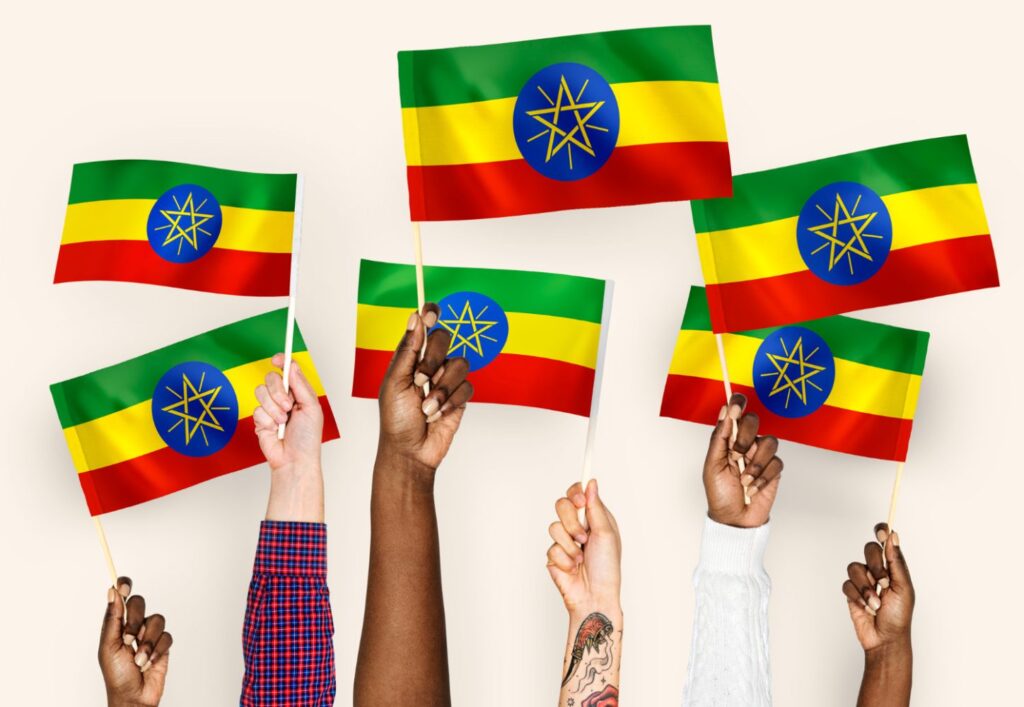A rather extraordinary thing happened in Nairobi on Wednesday (14 June) which was that there was a voluntary market auction of carbon credits, the vast majority from Africa, in which the buyers were some 15 Saudi companies, including Aramco, and the national airline Saudia – all looking for offsets as part of their decarbonisation strategies. 2.2m credits were sold at an average price of $6.27 per tonne and, while the full details of this closed auction were not made public, the credits being sold came mostly from quite a large group of African countries (including Kenya, Egypt and Rwanda), with some from the Middle East and elsewhere.
The auction was the brainchild of Saudi company, the Regional Voluntary Carbon Market Company (RVCMC) and its CEO, Riham ElGizy. Having conducted a first, successful auction in Riyadh in 2022, ElGizy was determined to conduct the second in Africa. Inspired by President William Ruto’s speech at the Africa Carbon Markets Initiative (ACMI) launch at COP27, ElGizy chose Nairobi and persuaded 15 Saudi companies to travel with her to take part in the auction, offsetting the emissions from the journey through the purchase of more credits. The auction was taking place against the backdrop of the Saudi Green Initiative which has set ambitious targets such as increasing energy generation from renewables to 50% of the total by 2030.
RVCMC is majority-owned by the Saudi sovereign wealth fund, the Public Investment Fund (PIF), with a minority of the shares held by the Saudi Stock Exchange. It exists to facilitate voluntary carbon market trading, including – eventually – by investing in carbon-based businesses and setting up a dedicated exchange.
The auction event was, on one level, entirely practical – a professionally run event in which supply (of high quality, well diligenced credits) met demand. The buyers knew they were going to get something (there was a guaranteed minimum) and they were also given the opportunity to bid for more credits on top. There was a straightforwardly commercial aspect to it.
On another level, the event was highly symbolic. Here were high emitting companies from the world’s most prominent petrostate buying offsets from Africa, the continent that contributes the least to global emissions and yet experiences the damaging effects of climate change more than any other. Saudi Arabia’s annual C02 emissions are 19 tonnes per capita while Kenya emits a mere 0.4 tonnes per capita.
RVCMC, it would appear, had brought the Saudi buyers to Kenya to emphasise two things in particular: first, that Africa had an abundant supply of something that was valuable to them (carbon credits) and was therefore a place where business like this could and should be done.
Secondly, that there is a human, or societal, imperative to decarbonisation that underpins why well-functioning carbon markets matter. We should be concerned, and even offended, not only that African countries bear enormous economic costs as a result of climate change but that it is the poorest or most vulnerable in these countries that suffer the most. And it is an unfortunate fact that Africa is able to illustrate these points more starkly than anywhere else.
For those who were present at this auction, this unusual display of both commercial competence – through the delivery of a marketplace where globally significant companies could safely transact – and organisational purpose, centred on people and planet, was striking and inspiring.
There were a number of other takeaways. First, the close alignment of this event with the broad objectives of the upcoming Africa Climate Summit to be hosted by Kenya and the African Union on 4-6 September. These objectives include presenting Africa not as the perpetual planetary victim but as part of the climate change solution – with some of the world’s most significant carbon sinks in its forests and savannahs, and abundant renewable energy capable of driving the green industrialisation strategies that will produce tomorrow’s carbon unicorns. This could have been a Government of Kenya promotional event – only, remarkably, it wasn’t. This was entirely a RVCMC initiative. So perhaps this auction was more proof that attitudes towards Africa are shifting, both inside and outside Africa, and starting to coalesce around a vision for Africa that celebrates the opportunities the continent offers and doesn’t obsess about its needs.
On pricing, the achieved price of $6.27 per tonne, is consistent with what is available on the market. It is a reasonable reflection of the challenges that voluntary carbon markets are going through, as a result of regulatory uncertainty, macroeconomic conditions that are unhelpful to carbon markets and shocks that have come out some projects that keep raising concerns about market integrity.
While we are told that the prices achieved were very much in line with the organisers’ expectations, there obviously needs to be a massive increase in both prices and volumes for voluntary carbon markets to contribute meaningfully towards the shortfall in climate finance in Africa which is about $250bn per annum (as calculated by Climate Policy Initiative in last year’s Africa Landscape of Climate Finance).
The price achieved by this auction is an expression of just how nascent this market is and how we still need to go through a lot of hard market building graft (putting place market-leading regulation, building a much bigger pipeline of investible carbon projects etc.) before prices start to rise – as most observers believe they inevitably must. In that sense the auction was a useful reality check. It is possible to get higher prices through highly bespoke transactions or for specialised sectors such as Direct Air Capture but, generally, prices still have a way to climb.
FSD Africa, with its strategic focus on driving more innovation in African financial markets, is committed to carbon market development not just because carbon markets are good for the planet and good for communities (often rural) who stand to benefit when carbon finance flows – but because they will also make financial markets more innovative through the de-risking and cash flow that carbon finance brings.
In other words, carbon finance is highly leverageable – but, for it to play that role, other investors need to believe that it is real – as real as cash. Blockchain and other technologies may eventually be able to make carbon markets work more efficiently but the core challenge today is to make them believable.
That is why market integrity, underpinned by permissive regulation that is also clear and robust, is so essential and why FSD Africa is lending its support to the Africa Carbon Markets Initiative (ACMI) and others working hard to build the soft infrastructure, and capacity, that these new markets clearly need.
It is also why successfully completed transactions, such as we saw from RVCMC earlier this week, are also so important, a signal of growing confidence and of even bigger and better things to come.




